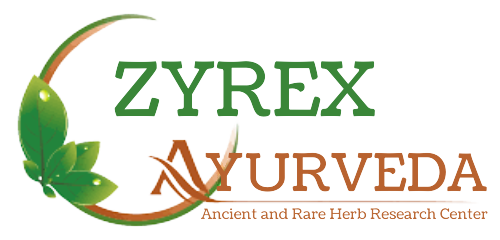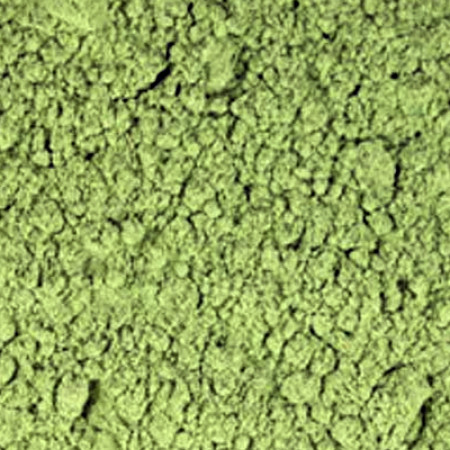Moringa, native to parts of Africa and Asia, is the sole genus in the flowering plant family Moringaceae. The name is derived from murungai, the Tamil word for drumstick. It contains 13 species from tropical and subtropical climates that range in size from tiny herbs to massive trees. The leaves are rich in protein, vitamin A, vitamin B, vitamin C, and minerals. A 100-g portion of fresh moringa leaves has 9.3 g protein, 434 mg calcium, 404 mg potassium, 738 ?g vitamin A, and 164 mg vitamin C. Feeding the high-protein leaves to cattle has been shown to increase weight gain by up to 32% and milk production by 43 to 65%. The seeds contain 30 to 40% oil that is high in oleic acid, while degreased meal is 61% protein. The defatted meal is a flocculant and can be used in water purification to settle out sediments and undesirable organisms
Moringa Leaves Powder
Moringa, native to parts of Africa and Asia, is the sole genus in the flowering plant family Moringaceae. The name is derived from murungai, the Tamil word for drumstick. It contains 13 species from tropical and subtropical climates that range in size from tiny herbs to massive trees. The leaves are rich in protein, vitamin A, vitamin B, vitamin C, and minerals. A 100-g portion of fresh moringa leaves has 9.3 g protein, 434 mg calcium, 404 mg potassium, 738 ?g vitamin A, and 164 mg vitamin C. Feeding the high-protein leaves to cattle has been shown to increase weight gain by up to 32% and milk production by 43 to 65%. The seeds contain 30 to 40% oil that is high in oleic acid, while degreased meal is 61% protein. The defatted meal is a flocculant and can be used in water purification to settle out sediments and undesirable organisms



Reviews
There are no reviews yet.